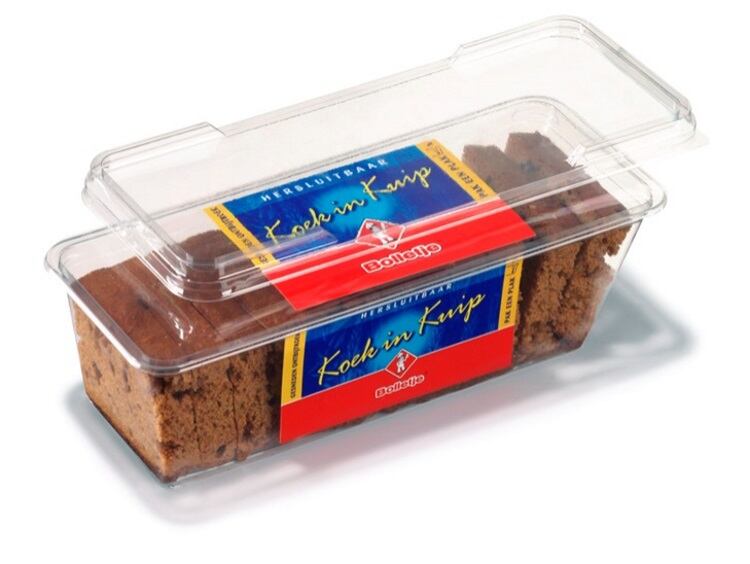In fact, it claims its business continues to remain strong as ever.
At the postponed interpack 2020, the company was planning to focus on resource-saving solutions, including paper-based trays, mono packaging, as well as material and energy savings.
Packaging solutions that demonstrate greater sustainability by using less natural resources, therefore complying with current retail guidelines, will continue to dominate headlines.
Sealpack has several concepts that minimise the use of plastic by providing paper-based alternatives, mono solutions, as well as ultra-thin trays. Furthermore, the global specialist’s tray-sealing and thermoforming technology demonstrate how these resource-saving, contemporary solutions can be implemented on its equipment with efficient energy consumption.
End users will benefit from modern packaging systems that contribute to environmental and climate protection, meet the requirements of the latest EU plastic regulations, yet still match current trends in the food industry, such as the rise of organic, vegetarian and vegan products.
Paper-based MAP trays
Sealpac said it has been revolutionising the MAP segment for high-class products since the launch of eTray – a paper-based MAP tray – last year.
This year, the eTray can now also be supplied with a mono PP inlay, thereby addressing the latest guidelines of food retailers regarding sustainable packaging materials.
The tray, suitable for a wide range of fresh food products, consists of a high-quality cardboard base, which can be fully printed on the inside and outside. It has a thin plastic inner layer that provides the sealing and barrier function. Owing to the highly stable, uninterrupted sealing edge, each tray is reliably sealed under MAP to ensure the safest packaging process.
Compared to common trays in the market, up to 40% less plastic will be used, depending on shape and size. After use, the inlay and lightweight cardboard base are easily separated from each other, allowing for optimal recycling of paper and plastic waste.
Ultra-light trays
Another interpack highlight was to be Sealpac’s presentation of ultra-light trays produced from mono PP or mono PET, which, it said, lead to significant plastic reductions.
The use of plastic trays for packaging fresh food items under modified atmosphere has become a worldwide standard since the introduction of industrial self-service packaging at the start of this century. The advantages, such as stackability, reliable processing, optimal product protection, impeccable appearance and excellent shelf life, have become properties that highly matter to retailers, food manufacturers and consumers.
Thermoformed packs
Finally, the company’s thermoformed packs improve recycling by using mono plastic.
The C-base bottom film, manufactured by Schur Flexibles, is made from mono PP and combined with a recyclable top film. As such, it fulfils the latest packaging regulations.


